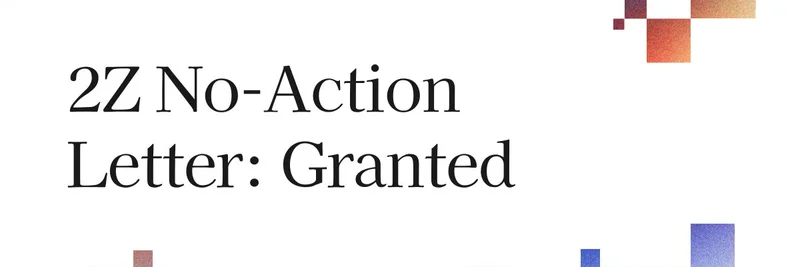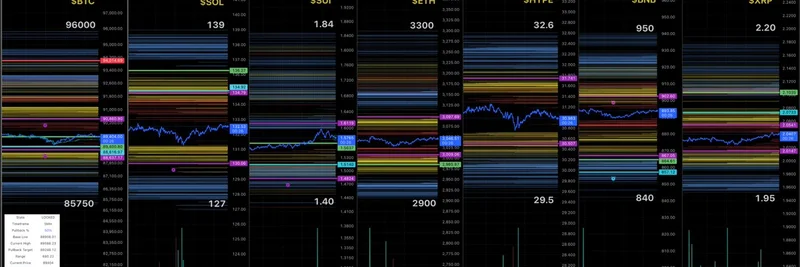Hey there, crypto enthusiasts! If you're knee-deep in the world of meme tokens like I am, you've probably heard the buzz about regulatory hurdles in the US. Well, buckle up because something big just happened that could change the game. The SEC has issued a No-Action Letter to DoubleZero for their 2Z token, and it's being hailed as a landmark moment for the industry.
For those not familiar, a No-Action Letter is basically the SEC saying, "Based on what you've told us, we won't recommend enforcement action against you." In simple terms, it's a green light that gives projects confidence to proceed without fearing securities law violations. DoubleZero, a project focused on accelerating communication in distributed systems to increase bandwidth and reduce latency (IBRL, as their community calls it), designed 2Z as a utility token for their network.
This all started with DoubleZero's announcement on X, where they proudly shared that after four months of engagement with the SEC, they received this first-of-its-kind relief. The letter confirms that 2Z doesn't need to be registered as an equity security and that its programmatic flows on the network aren't securities transactions.
Mari Tomunen, who seems to have led this effort, shared a thread detailing the blueprint they followed. Key points include:
Consumptive Use Design: 2Z is meant for actual use in the network. Its value comes from what contributors provide, like services in a DePIN (Decentralized Physical Infrastructure Network).
Consistent Marketing: DoubleZero has always positioned 2Z as a functional token, not an investment.
This aligns with Commissioner Hester Peirce's statement (often called "Crypto Mom"), where she emphasized that tokens like these aren't securities because they're incentives for building infrastructure, not promises of profits from others' efforts. She noted that treating them as securities could stifle innovation in distributed networks.
Why does this matter for meme tokens? Meme tokens often walk a fine line between fun community-driven assets and potential securities. This No-Action Letter provides a framework that projects can reference to launch compliantly in the US. Imagine meme tokens with real utility—perhaps rewarding community contributions or powering decentralized apps—getting similar nods from regulators.
It's a win for innovation, showing that constructive dialogue with the SEC is possible. As Mari mentioned, it's been a team effort involving sharp minds and outside counsel, and the SEC's collaborative approach is refreshing in an industry often at odds with regulators.
For meme token creators and investors, this could mean more US-based projects, greater confidence, and less fear of crackdowns. If you're building or investing in crypto, keep an eye on how other projects adapt this blueprint. Who knows? Your favorite meme coin might be next in line for regulatory clarity.
Check out the original thread on X for more details, and Commissioner Peirce's full statement on the SEC website. Let's keep pushing the boundaries of what's possible in blockchain!


